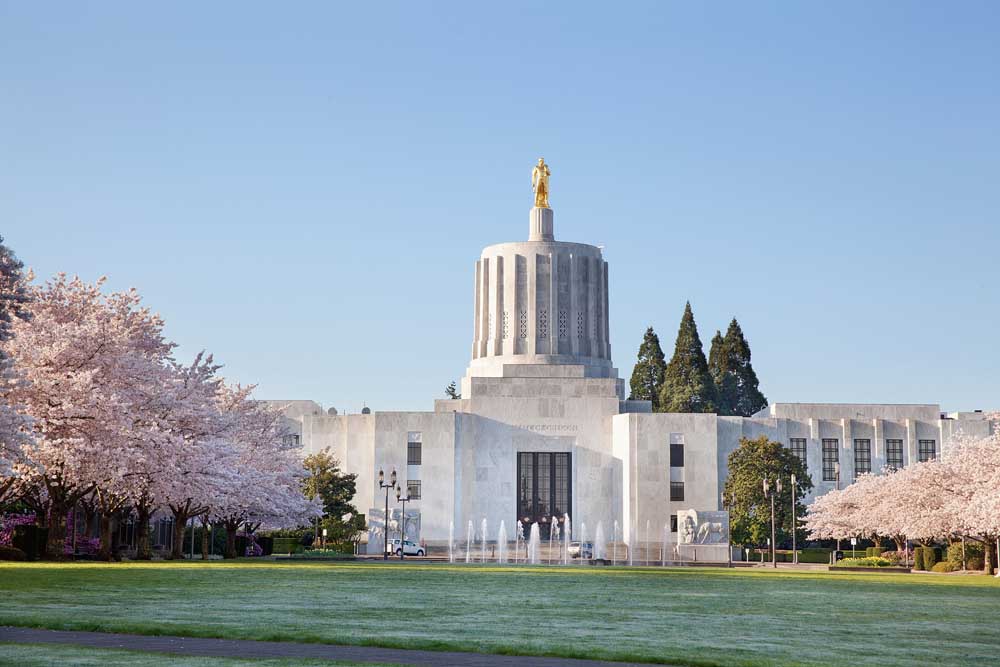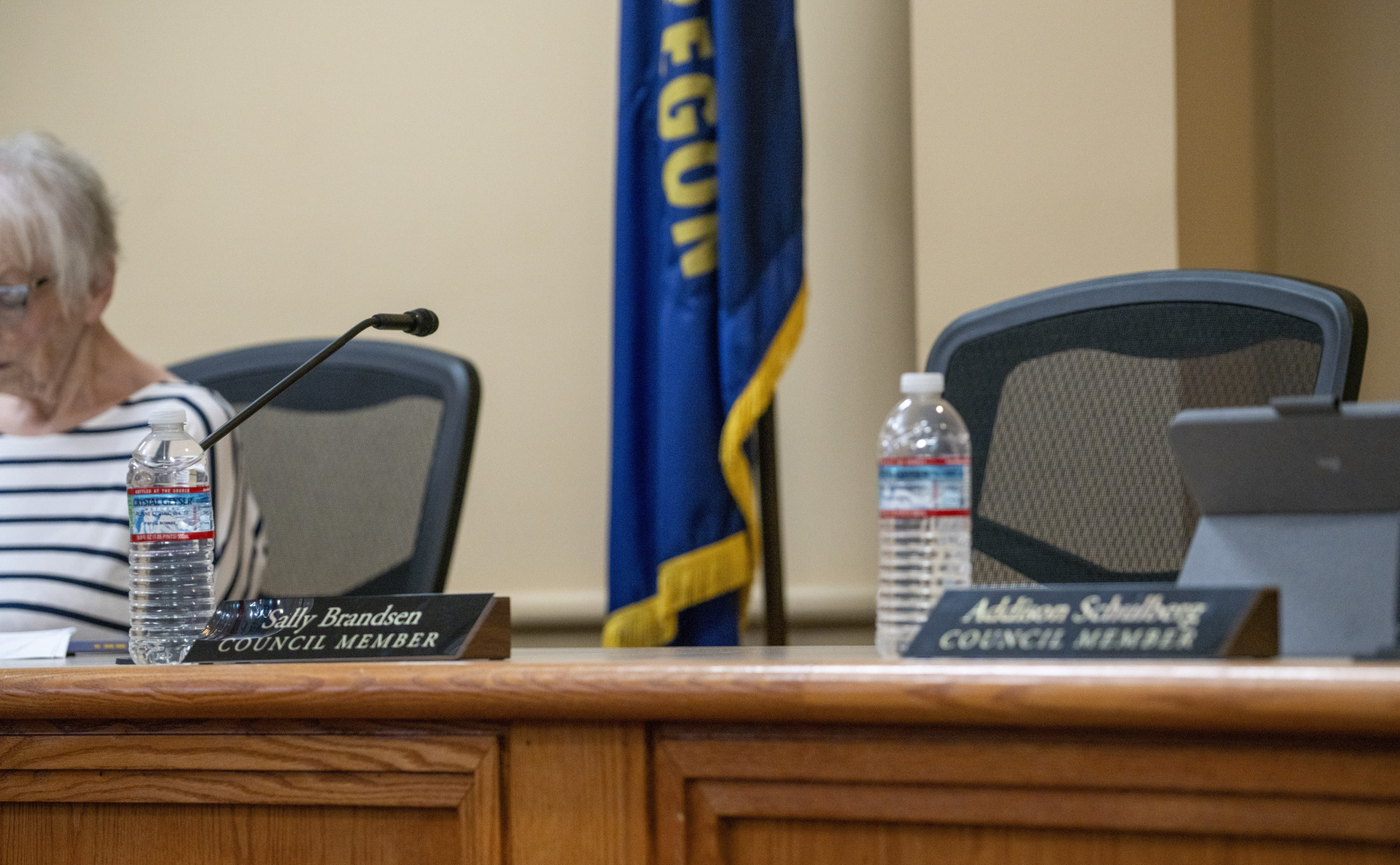Congress fighting over fires
Published 2:46 pm Tuesday, August 13, 2002
As major wildfires scorch the West, the stage has been set for a political conflagration over environmental laws that protect or, some say, endanger the national forests and people who live nearby. A heated debate is expected next month when a group of Western senators hopes to increase federal funding both for firefighting and for treating at-risk forests to avoid more seasons like this one. More than 4 million acres has burned so far, compared to 8.4 million acres in 2000, the worst year in half a century.
Western Republicans and Bush administration officials accuse environmentalists of having thwarted and delayed thinning, brush removal and logging designed to reduce the threat of catastrophic fires.
House members have introduced a bill that would suspend the Endangered Species Act and other laws for such projects, and green groups fear senators are planning their own “anti-environmental rider” to the annual appropriation bill for the Forest Service and Department of Interior.
But Democrats like Rep. Jay Inslee of Washington state cite a recent independent General Accounting Office study that found less than 2 percent of all projects have been held up or halted by appeals or lawsuits.
The last time Congress limited public and court review – in the 1995 salvage logging rider – agencies “abused their authority to cut green trees under the guise of salvage and to cut old growth forests in the name of forest health,” Steve Holmer, campaign coordinator of American Lands, said.
Environmental groups blame the Forest Service for emphasizing commercial logging in prime roadless and other areas while falling behind on smaller projects closer to homes and communities. But in the midst of a bad fire season and a crucial election-year, the GOP’s charges have put them on the defensive.
The issue became so hot last month that it forced Inslee to abruptly drop plans to offer an amendment in the House to protect nearly 60 million acres of rootless forest land. Reportedly, a number of Western Democrats feared the fire issue could be used against them.
Democratic vulnerability was underscored, however, by the actions of Senate Majority Leader Tom Daschle. Last month, Daschle tucked his own rider into a must-pass supplemental defense spending bill to help fellow South Dakota Sen. Tim Johnson, who is being targeted for defeat by Republicans this year. The provision approved plans for a 700-acre forest treatment in the Black Hills and precludes certain environmental challenges.
Republicans have seized on the Democratic leader’s maneuver to turn the tables on opponents of a nationwide waiver for such projects. “What’s good for the Black Hills should be good for every forest in the United States,” Sen. Larry E. Craig, R-Idaho, said.
Like South Dakota, Oregon’s federal forests are plagued by diseased, insect-infested, and overstocked tree stands “that can quickly transform into catastrophic and uncontrollable fires,” Sen. Gordon Smith, R-Ore., said. Oregon has been one of the states hardest hit by fires this summer.
Smith and Craig are among a group of Western senators – including Democrats Ron Wyden of Oregon and Dianne Feinstein of California – who agreed to work on a wildfire amendment to present to the Senate in September.
Wyden is “committed to working in bipartisan way to find some consensus” on a program to improve forest conditions and ease the fire threat, an aide said. But he is unlikely to support legislation blocking courts from reviewing compliance with environmental laws.
Even if they divide over policy, Western officials agree on the need for more money. The House of Representatives already has voted to add $700 million in emergency funds to replenish agency budgets depleted by fighting fires. Senators expect to seek about $1 billion.
But White House budget officials oppose any emergency spending; instead, they want to continue borrowing from other accounts and pay back the money next year. Meanwhile, the Forest Service and Bureau of Land Management have been forced to suspend land acquisition, grants to states and other programs.
The governors last year proposed a long-term strategy for treating millions of acres of diseased and overgrown forest and reducing the extent, intensity and cost of wildfires. Requiring 10 years and billions of dollars, the plan is still awaiting federal action.
But instead of making the needed, upfront investments, President George W. Bush’s budget for next year would actually cut spending on forest rehabilitation and restoration.
—
LarrySwisher covers Northwest issues from Washington, D.C.





